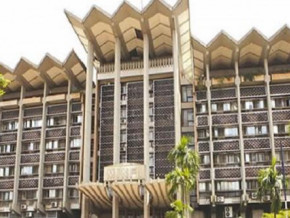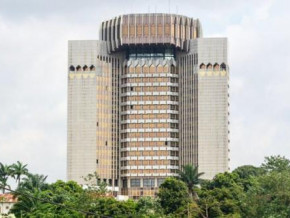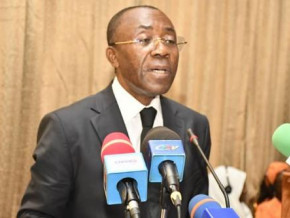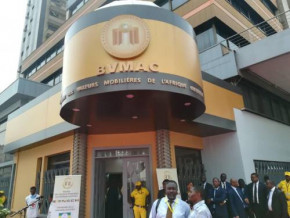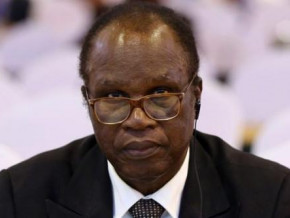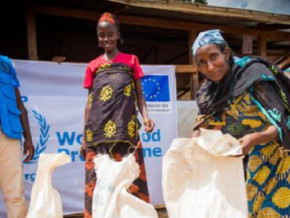
"Cameroon is one of the fifteen least indebted countries in Africa", says Louis Paul Motazé
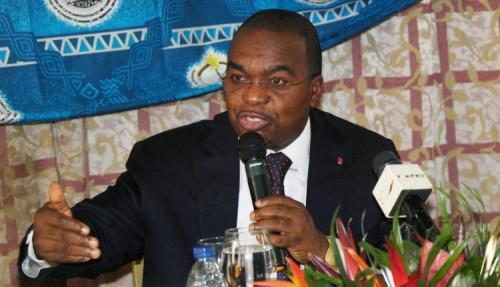
"(Business in Cameroon) - It is my pleasure to emphasize that Cameroon is one of the fifteen least indebted countries in Africa with debt load ration below 34% of GDP. " This was said by Louis Paul Motazé to disrupt a false but widespread opinion.
By saying this on October 25, 2018, in Yaoundé, during the roadshow of the 2018-2023 bond issued by Cameroon, the country’s finance minister Louis Paul Motazé (photo), wanted to not only reassure investors on the margin the country still has in terms of indebtedness but, he was also implicitly providing an answer to complaints emitted by IMF over the past years over Cameroon’s indebtedness policy.
Indeed, according to the Bretton Woods institution, "Cameroon still presents a high level of indebtedness" (in a report published in August 2018). The institution criticizes the economic driver of the CEMAC zone's quickly rising indebtedness rate since 2006 when the country reached the completion point of the heavily indebted poor countries. It presents the stock of Cameroon’s debt towards its bilateral and multilateral partners which rose by 5% of GDP since 2016 as proof of its claims.
The IMF is also worried by Cameroon’s tendency towards non-concessional loans, instead of concessional loans deemed less costly (interest rates being below 1%), despite draconian conditions.
Examples of those loans are the first four bonds issued by Cameroon’s treasury on Douala stock exchange between 2010 and 2016, thanks to which it raised XAF595 billion at interest rates between 5.5% and 5.6%.
The almost weekly short-term public securities (13 to 52 weeks) issued by the government on the bonds market of the Bank of Central African States since 2011 are also accompanied with interest rates between 2.5% and 3.5%.
In hallways of the government, it is said that these tendencies towards non-concessional loans are because of the flexibility their borrowers offer in terms of repayments and use, a condition contrary to the rigidity of the terms and procedures of concessional loans, these terms and procedures most of the times less understood by the governments.
For instance, according to figures of Caisse autonome d’amortissement (CAA), the institution in charge of Cameroon’s debt, during H1, 2017, the country was owing XAF4906.6 billion to international investors who generally practice concessional terms. CAA explained that this was because the country did not understand the procedures of those loans.
As far as the country’s indebtedness rate which is worrying the IMF is concerned, Cameroon has always presented the convergence criteria in force within CEMAC, criteria which authorize governments of this community to get indebted till 70% of their GDP. This criteria still offers an important margin call to Cameroon. Indeed, according to a recent forecast by the IMF, Cameroon’s debt will rise to 38.7% of GDP this year before falling progressively to about 33.6% of GDP by 2023, way below the community cap which is 70% of GDP.
Brice R. Mbodiam
Mags frontpage
- Most read 7 days
- shared 1 month
- read 1 month




